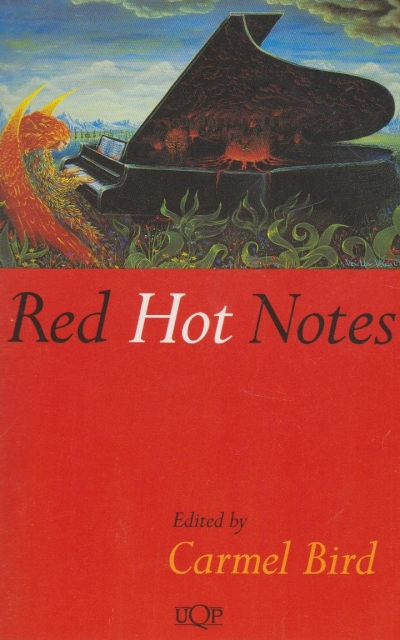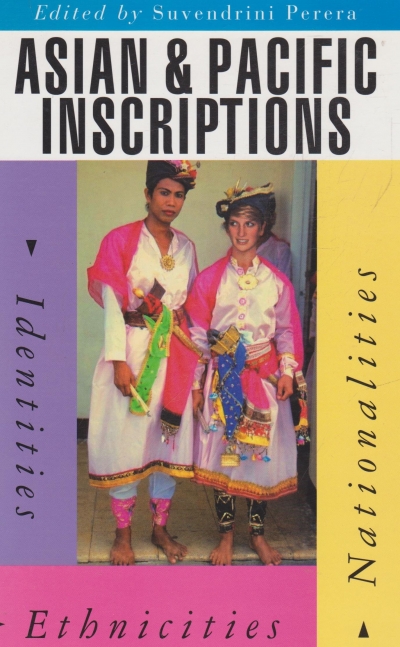Archive
Ivor Indyk reviews poetry by Karen Attard, M.T.C. Cronin, Lisa Jacobson, Peter Minter, Sue L. Nicholls, and Mark Reid
These six poetry titles represent the third series of New Poets to be published by Five Islands Press. Each title runs to exactly thirty two pages – no more, no less. It is, in a sense, a mini-collection, or a semi-collection, midway between a reading and a book. The series as a whole is therefore like a showcase of new talent – you applaud some of the poems, and get impatient with others, much as you do with the poets themselves. This is a good thing – it presents poetry as the provisional affair it really is, most of the time, for poet and reader alike.
... (read more)The French literary world was agog last year with the news of the awarding of two prestigious prizes, the Prix Goncourt and the Prix Medicis, to a novel called Le Testament Français, by a writer called André Makine. The unusual nature of the novel is that it was written in the most beautiful, yet freshly distinctive French by a man whose maternal tongue is not French at all, but Russian.
... (read more)Asian and Pacific Inscriptions: Identities, ethnicities, nationalities edited by Suvendrini Perera
Mermaid by Alan Gould & The Majestic Rollerink by Heather Cam
The fanzine is not a magazine. It bypasses and subverts the economics of commercial publishing and it reasserts the creative link between writing and production. Zines can also, because of the ‘terrorism’ of their production and distribution, bypass the convoluted legalistic boundaries of copyright. Graphics, slabs of text, photos, and images are photocopied, scanned, and pasted into fanzine, then cut-up, reassembled, and often made to assume an oppositional symbolic meaning to that of the original image.
... (read more)







